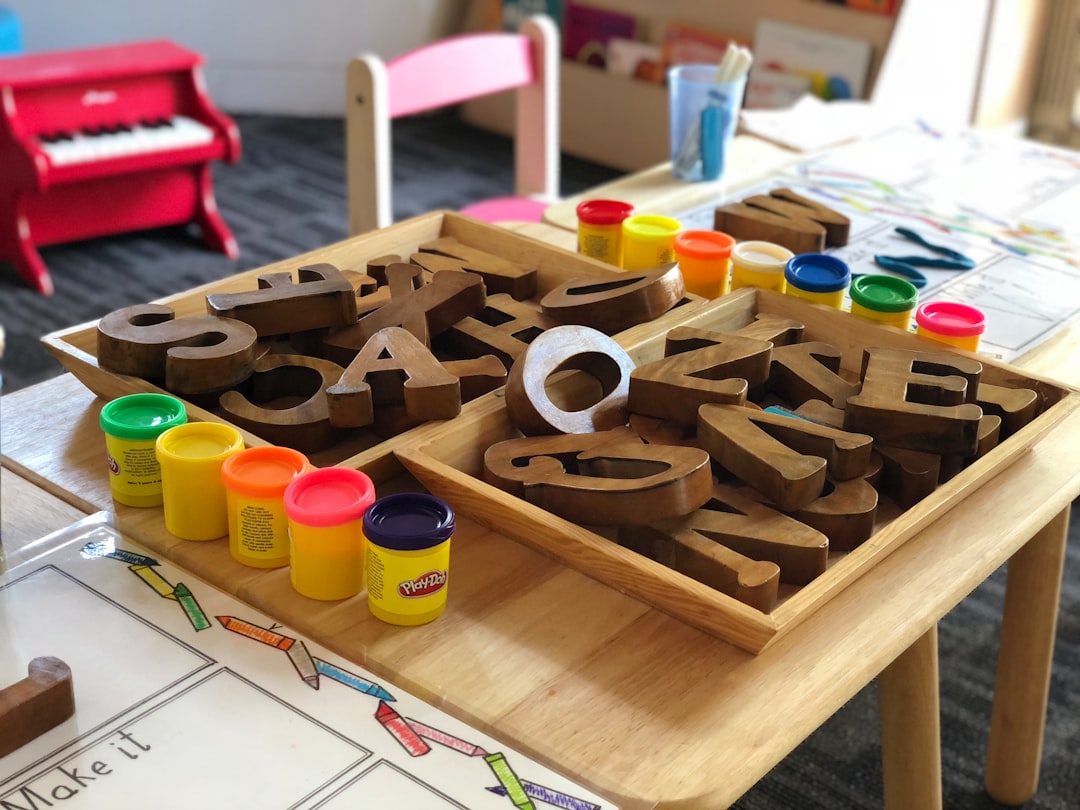Child neglect in Los Angeles has severe long-term effects on cognitive development, leading to academic challenges and mental health issues like anxiety and PTSD. Daycare abuse law firms highlight the need for stricter regulations and awareness to protect children and prevent neglect, focusing on the role of well-regulated daycare centers in fostering healthy growth.
In Los Angeles, where childcare practices vary widely, understanding the consequences of neglect on child development is paramount. Recent research from LA highlights the profound impact of neglect on children’s cognitive and emotional well-being. This article delves into these findings, exploring specific effects on cognitive development, emotional and behavioral issues, and the critical role daycare settings play in prevention. For parents and Los Angeles-based daycare abuse law firms alike, these insights underscore the importance of awareness and proactive strategies to safeguard young minds.
Impact of Neglect on Cognitive Development in Children

The impact of neglect on a child’s cognitive development is profound and long-lasting, as reported by LA research findings. Children who experience chronic neglect often struggle with basic learning skills, including memory retention, attention span, and problem-solving abilities. This is because neglect disrupts the brain’s development, particularly in regions responsible for executive functions and emotional regulation. As a result, these children may face significant challenges in academic settings, affecting their overall educational progress.
Neglect can lead to a reduced IQ, impaired language skills, and difficulties with decision-making, all of which are critical components of cognitive growth. Daycare abuse law firms in Los Angeles CA have highlighted these issues as they often encounter cases where children have been subjected to neglectful care environments, resulting in severe developmental delays that require professional interventions and legal protections.
Emotional and Behavioral Consequences: A Comprehensive Study

In Los Angeles, a comprehensive study on the emotional and behavioral consequences of neglect in children has revealed disturbing insights. Research by leading daycare abuse law firms in LA CA highlights that neglectful environments can have long-lasting effects on a child’s mental health. The study found that children who experience neglect often exhibit heightened levels of anxiety, depression, and post-traumatic stress disorder (PTSD). These emotional challenges can manifest as behavioral issues, including aggression, withdrawal, and difficulties with peer relationships.
The impact extends beyond childhood, as many individuals who have suffered from neglect are at a higher risk for substance abuse, low self-esteem, and various mental health disorders in adulthood. Daycare abuse law firms in Los Angeles CA emphasize the urgency of recognizing these consequences and implementing preventive measures to protect vulnerable children. Their efforts highlight the need for stricter regulations and increased awareness to ensure that all children have access to safe and nurturing environments for optimal development.
The Role of Daycare Settings in Preventing Neglect's Effects

Daycare settings play a pivotal role in mitigating the detrimental effects of neglect on young children, as recognized by extensive LA research. These institutions are designed to provide a safe and nurturing environment where children can thrive, offering critical support for their development during formative years. By implementing robust care practices, daycare centers can significantly reduce instances of neglect and its associated consequences.
In Los Angeles, several studies have highlighted the positive impact of well-regulated daycare settings on at-risk children. Daycare abuse law firms in LA have also contributed to raising awareness about the importance of monitoring and preventing neglect within these facilities. Through stringent policies, staff training, and regular inspections, daycare centers can foster a protective environment that promotes healthy social, emotional, and cognitive growth, ensuring children receive the care they need to flourish.






